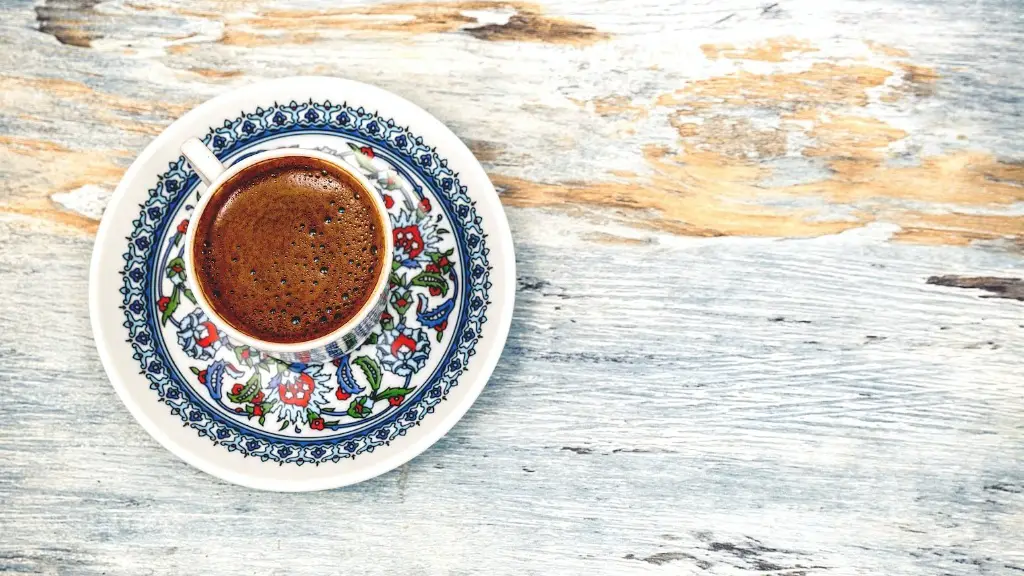Coffee and Oral Surgery
Many people enjoy a good cup of coffee in their morning waking hours, or throughout their day. But what happens if you recently had oral surgery? Do you have to give up that hot, stimulating beverage to allow your mouth to heal properly? The answer will vary depending on your particular surgery and the surgeon’s orders.
Coffee is often highly acidic, and this acid along with the caffeine, can cause real problems for those with dental surgery. It is best to avoid coffee, hot tea, and other acidic beverages for at least the first 24 hours after oral surgery.
However, the recovery time for each individual will vary and depend upon their specific situation. Individuals that have had more involved oral surgery, such as jaw surgery, should certainly avoid coffee for a longer time in order to permit proper healing.
In the event a person has had a tooth extraction, then it is also recommended to not drink coffee for at least 24 hours. As the extracted area continues to heal, consuming coffee or acidic beverages can cause extreme sensitivity and discomfort to the area. It is also advised to not rinse your mouth with anything too hot or acidic.
If you have had wisdom teeth removed and your teeth are still swollen, drinking coffee should be avoided in order to ease the swelling. The acidic nature of coffee can cause further irritation to an already sore area.
Caffeine will also cause dehydration in some individuals. This is especially dangerous when facing oral surgery. You should make sure you are drinking an adequate amount of water to help aid in healing and to avoid excessive dryness.
So, if you’ve recently had oral surgery and think that coffee would be good for you after the procedure, it may be wise to have a chat with your surgeon. They should be able to help you determine the risks associated with coffee in relation to your surgery, as well as the general repercussions of the coffee on your body.
Is Coffee Bad for Your Oral Health?
Coffee can be bad for your oral health. Coffee can cause teeth to become discolored, stained, and can make your breath smelly. Coffee contains tannic acid, which is known for staining teeth, and also contains caffeine, which can lead to dehydration and a dry mouth.
Not only does coffee stain teeth, but it can also increase the risk for cavities and gum disease. Coffee lowers the pH level in your mouth, which creates an environment where bacteria can flourish and cause dental decay.
The risk of tooth decay increases because the bacteria in your mouth feeds on the bicarbonates that are found in coffee.
Coffee can also make your gums more sensitive, because it reduces the blood flow to your gums. This can cause your gums to become inflamed and swollen, which can make it difficult to eat and can lead to other gum issues.
Furthermore, if you do not brush or floss your teeth after having coffee, the combination of the hot temperature and the caffeine can cause tooth erosion, which can cause further damage to your teeth.
If you do decide to drink coffee, make sure to rinse your mouth with water afterwards and brush your teeth. This will help to reduce the amount of bacteria in your mouth and also reduce the amount of stain that accumulates on your teeth.
Health Benefits of Coffee
Coffee is one of the most popular beverage choices around the world – with nearly 400 million cups of coffee being consumed every day. Drinking coffee can provide several health benefits, depending upon how it’s consumed.
Coffee is full of antioxidants that can help reduce inflammation in the body and boost the body’s natural defenses. Coffee can also help improve focus and concentration, due to its stimulatory effect on the brain. Coffee can also aid in weight loss, as it can boost metabolism and decrease appetite, and can reduce the risk of heart disease and diabetes.
Regular coffee consumption can reduce the risk of Parkinson’s disease and may even protect against some types of cancer. Furthermore, coffee contains essential vitamins and minerals that can help improve overall health, including magnesium, potassium, niacin and B vitamins.
Having said that, too much coffee can be a bad thing. Drinking more than the recommended amount of coffee per day can lead to insomnia, restlessness and headaches. The caffeine in coffee can also increase blood pressure and cause anxiety in some people.
In general, it’s best to limit your coffee consumption to 3-4 cups per day, to reap the benefits without overdoing it.
Alternatives to Coffee
If you’re looking for something to drink that is caffeine free, there are many options available. For example, herbal teas, decaffeinated coffee, or hot water with lemon are all healthy alternatives to coffee.
Fruit juices are also a great way to stay hydrated and provide essential vitamins and minerals. Green tea is a wonderful caffeine-free option, as it contains polyphenols, antioxidants and other healthy compounds, and can provide many of the same benefits as coffee.
For those looking for a hot beverage, warm non-dairy milk, almond milk or oat milk are all excellent options. All of these drinks are healthy, gentle on your teeth and can help keep your body nourished and energized.
Risk Factors for Oral Surgery
Oral surgery is usually safe, but there are certain risk factors that need to be taken into account. The most common risks associated with oral surgery are excessive bleeding, swelling and infection.
Patients should always follow the post-operative instructions of their surgeon to reduce the risk of infection. It is also important to avoid drinking hot drinks, such as coffee, and to stick to a soft diet for the first few days after surgery.
In addition to reducing the risk of infection, it is also important to avoid cigarettes and alcohol, which can further delay healing and can increase the risk of complications.
Oral surgery requires a thorough examination and diagnosis, in order to determine the type of anesthesia that will be necessary. Patients should always consult with their surgeon to ensure proper and safe treatment and recovery.
Tips for Healing After Oral Surgery
Oral surgery can cause discomfort, swelling, and pain. It is important to take the necessary precautions to reduce the risk of infection and promote proper healing.
First, make sure that you follow your doctor’s post-operative instructions and take any medication prescribed. You should also avoid hot beverages, including coffee, and try to stick to a soft diet. This will help to reduce the risk of further irritation or swelling.
It is also important to get plenty of rest, as this will help to reduce the risk of infection and heal the area. Patients should also avoid alcohol and cigarettes, as these can delay healing and increase the risk of complications.
Getting adequate amounts of fluids is also important for proper healing. Staying hydrated will help to flush out any potential toxins from the body and reduce any potential swelling.
Finally, make sure to brush and floss your teeth twice daily and use a fluoride-containing mouth rinse, in order to prevent cavities and other dental complications.





